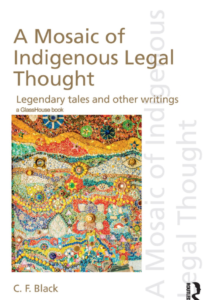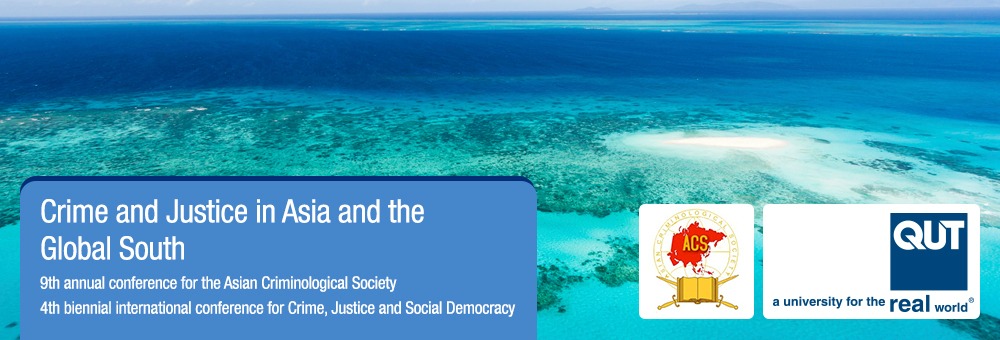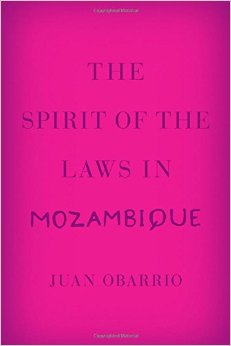Shaun McVeigh
Associate Professor, Law School, University of Melbourne
I welcome the opportunities that this congress creates to discuss and reflect on many of the relationships formed across the South.
For many Australia is viewed politically, juridically and economically as an outpost of the North. The Australian state has done little to alter the colonial forms of belief and government by which Australia was established as a sovereign nation. It continues the expropriation of the life, land, and laws of the South. However, there are also many involved in assisting Australia take up its place again as a pacific nation of the South, a nation able to live with justly with its own laws and one capable of honouring the laws of the Indigenous and non-indigenous peoples of the South. At the centre of this lies a concern with the conduct of lawful relations. For the non-Indigenous peoples of Australia and elsewhere who live by laws inherited from the North it is necessary to think again about what it means to live lawfully and to honour laws. Only one part of this will be concerned with human duties and human rights.
At present as a jurist and jurisprudent I am involved in two projects engaging a lawful South. One, with Kevin Murray, involves developing ways in which designers from Australia might engage with artisans and crafts people of the south in ways that create honourable relations of exchange and trade. Another, with Sundhya Pahuja, involves maintaining international law as a meeting places of laws rather than as an administrative domain of the North.
Question
How do we conduct ourselves with honour as we move within and between the laws of the South?
¿Cómo nos comportamos con honor como nos movemos dentro y entre las leyes del Sur?
A statement and question offered to participants of the symposium Diálogo Trans-Pacífico y Sur-Sur: Perspectivas Alternativas a la Cultura y Pensamiento Eurocéntrico y Noroccidental, University of Santiago, 8-9 January 2013


